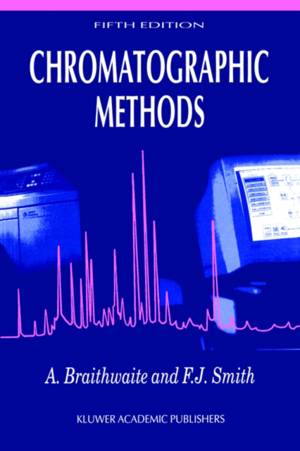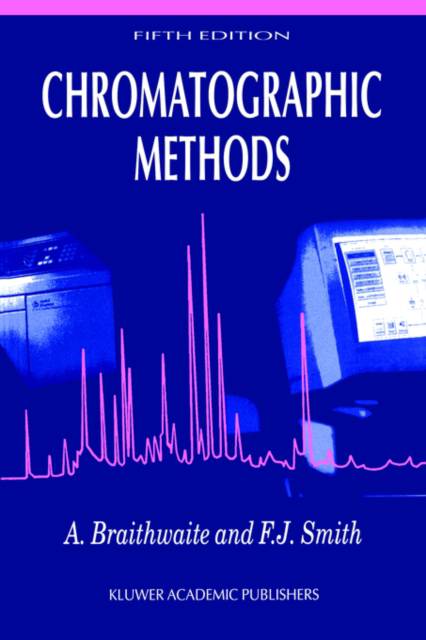
- Retrait gratuit dans votre magasin Club
- 7.000.000 titres dans notre catalogue
- Payer en toute sécurité
- Toujours un magasin près de chez vous
- Retrait gratuit dans votre magasin Club
- 7.000.0000 titres dans notre catalogue
- Payer en toute sécurité
- Toujours un magasin près de chez vous
Description
Since the inception of chromatography in 1903, the principal landmarks in its progress have been the virtual rediscovery of the technique in the 1930s, invention of synthetic resins in 1935, introduction of paper chromatography in the 1940s followed by that of thin layer, gas-solid and gas-liquid chroma- tography in the early 1950s. Whilst the theoretical aspects of HPLC were developed in the 1960s, it was the late 1970s before commercial instruments appeared. Developments through the 1980s in microelectronics and micro- processor technology afforded enhanced control, data acquisition and processing capabilities, and improved technologies for the manufacture of instrumentation. Developments in chromatographic media and packings and rapid scanning spectroscopic instruments have enabled combination techniques such as GC-MS, GC-IR, HPLC-MS and HPLC-IR to reach maturity and become standard routine techniques for the analyst. Further considerable research activity in the 1980s and early 1990s has led to the development of supercritical fluid chromatography (SFC), and high perfor- mance capillary electrophoresis is a technique that has proved invaluable in the genome project and the separation and typing of DNA fragments. Applications in environmental, health and safety, foods analysis and medical studies have contributed significantly to the advancement of these tech- niques. All of the instrumental chromatographic techniques are now used routinely by academic and industrial analysts. An understanding and experi- ence of such techniques is fundamental to the training of today's science undergraduates studying a range of disciplines reflecting the application areas mentioned above.
Spécifications
Parties prenantes
- Auteur(s) :
- Editeur:
Contenu
- Nombre de pages :
- 580
- Langue:
- Anglais
Caractéristiques
- EAN:
- 9780751401585
- Date de parution :
- 31-12-95
- Format:
- Livre broché
- Format numérique:
- Trade paperback (VS)
- Dimensions :
- 162 mm x 234 mm
- Poids :
- 825 g

Les avis
Nous publions uniquement les avis qui respectent les conditions requises. Consultez nos conditions pour les avis.






